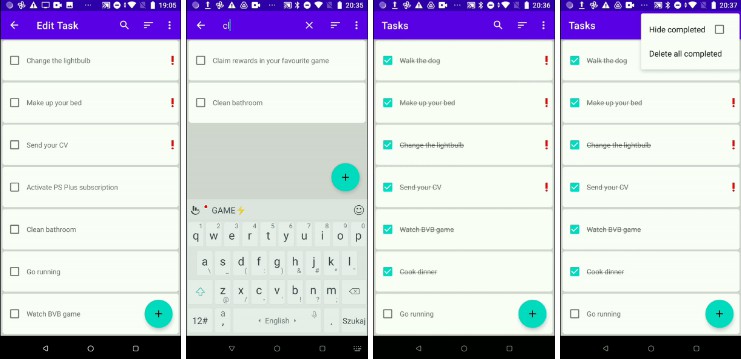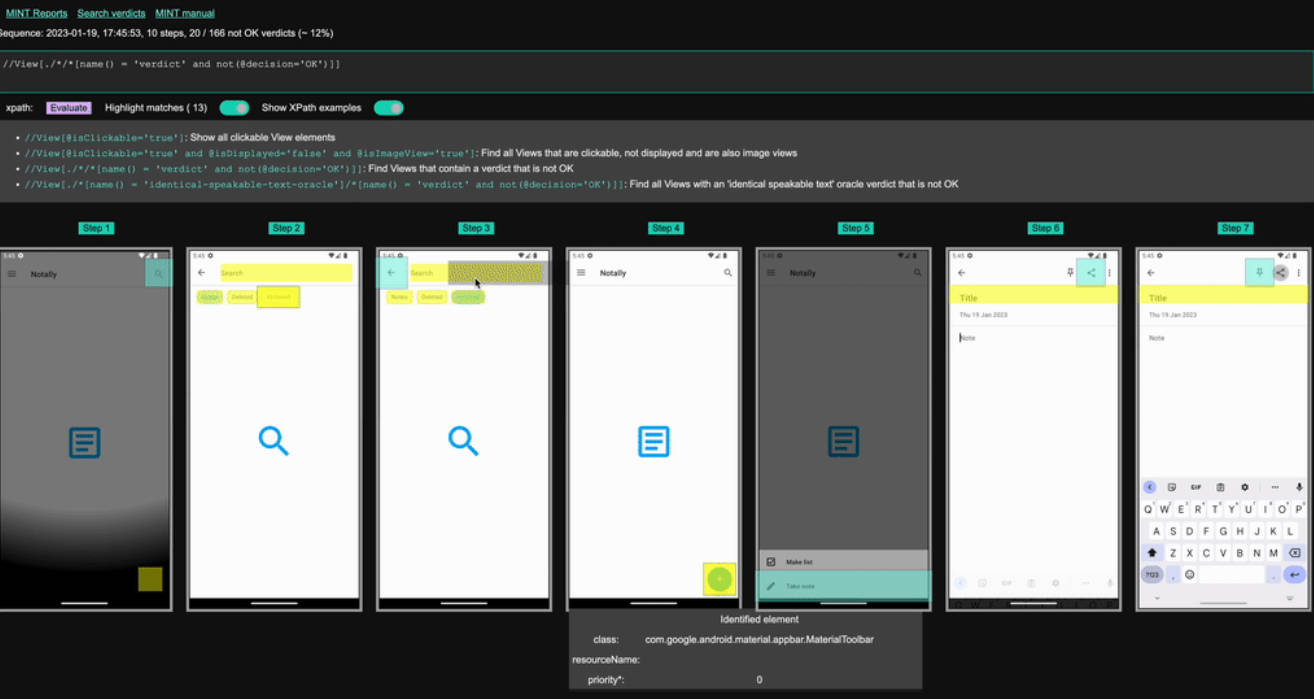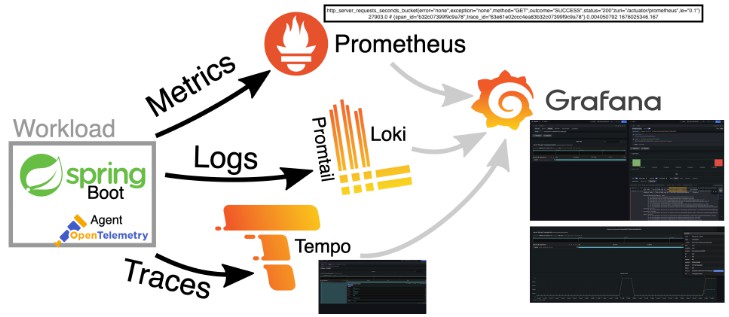JDBC test application
This application can be used to test database connections set up with a JDBC URL, and report SSL/TLS information. Currently, the application only supports the following databases:
- PostgreSQL
- MySQL
It has been verified to run on the following IaaS platforms:
- AWS
- GCP
Generate JAR for deployment
This application is supposed to be deployed to Cloud Foundry, which requires a fat JAR for
deployment. However, before the JAR is generated, the project needs some DB-specific adjustments. These can be made by
running one of the configuration gradle tasks provided: either configureForMysql, or configureForPostgres depending
on the required database.
After that, running gradlew bootJar will produce a JAR pre-configured for the indicated database engine
in build/libs.
Generating a sample manifest
Once the database engine is configured, a sample Cloud Foundry application manifest can be generated.
Running gradlew deploymentManifest task will generate a sample manifest in the root of the build directory.
Deploying from this repository
It’s also possible to use gradle in order to deploy this application to Cloud Foundry. As the deployment task depends
on the bootJar and the deploymentManifest tasks, it requires the same configuration, namely, running the database
engine configuration tasks. The deployment tasks rely on the CF CLI, and expect it to be logged in.
There are two gradle tasks: initialDeploy and deploy. The first is intended to deploy the app before binding it to
a service, passing a --no-start flag to the CF CLI.
Test endpoints
The application provides a set of Create (POST /?name=<new-user-name>), Get (GET /<user-id>), List (GET /), and
Delete (DELETE /<user-id>) operations on a
User entity, mounted at the application root. The User is an extremely simple entity that has only two attributes:
id and name.
SSL information endpoints
PostgreSQL
GET /postgres-ssl provides the full pg_stat_ssl report on the current connection encoded as JSON, e.g.:
{
"pid": 4660,
"ssl": true,
"version": "TLSv1.2",
"cipher": "ECDHE-RSA-AES256-GCM-SHA384",
"bits": 256,
"clientDN": null,
"clientSerial": null,
"issuerDN": null
}
Please Note:
- The
clientDN,clientSerialandissuerDNwill be filled in only if a client certificate is used. - The
version,cipherandbitsfields will only be filled in if the current database connection is secure.
MySQL
GET /mysql-ssl reports the ciphers used for the current connection, e.g.:
{
"variableName": "Ssl_cipher",
"value": "ECDHE-RSA-AES128-GCM-SHA256"
}
The value will only be blank if the database connection is not encrypted.
Troubleshooting
The application won’t start with the following error message
Found non-empty schema(s) "XXX" but no schema history table. Use baseline() or set baselineOnMigrate to true to initialize the schema history table.
This problem can be resolved by one of the following options:
- create a new schema or database to use with the application
- set application property
spring.flyway.baseline-on-migratetotrueand propertyspring.flyway.baseline-versionto0 - delete all objects from the current schema before running the application for the first time



